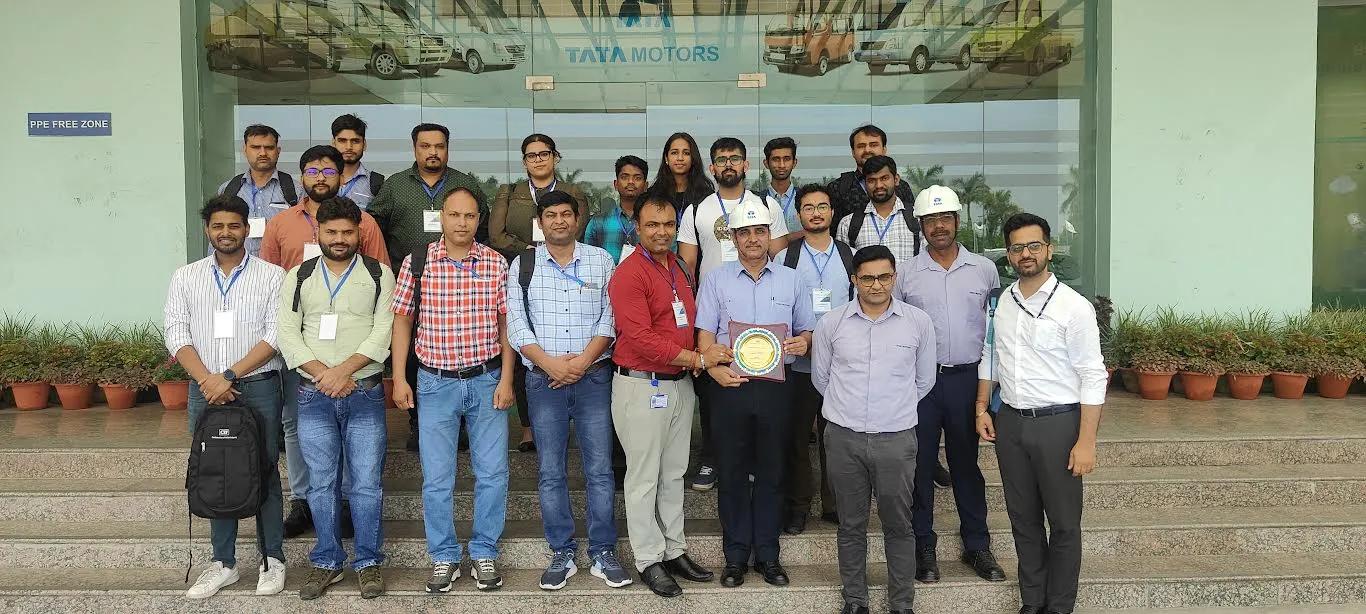Dehradun (The Hawk): In the second day of International Workshop on "Enhancing Ecosystem Services by Improving Forest Quality & Productivity and SLEM Knowledge Dissemination" at ICFRE, Dehradun, thirteen different forestry related topics were presented by the speakers from India, Malaysia, Thailand, Japan and Myanmar in two sessions.
In the session on Nursery Management and Plantation Techniques for Productivity Enhancement, presentations were given by experts from India, Thailand and Malaysia. For enhancing productivity, emphasis was on nursery and plantation techniques and the need for easy availability of quality planting material. ICFRE has released 69 clones/varieties of tree species such as Eucalyptus, Casuarina, Poplar, Dalbergia, Melia and other indigenous tree species. These can be used for eco-restoration, plantation and in agroforestry. It was stressed that mosaic of clone cultivation would ensure in maintaining the genetic base. The speaker from Thailand dissuced the Opportunities for short rotation teak farming and stated that the gestation period of teak can be reduced from 40 years to 6 years. Potential of Shorea roxburghii in rehabilitation of degraded areas as a case study was presented by a speaker from FRI, Malaysia.

